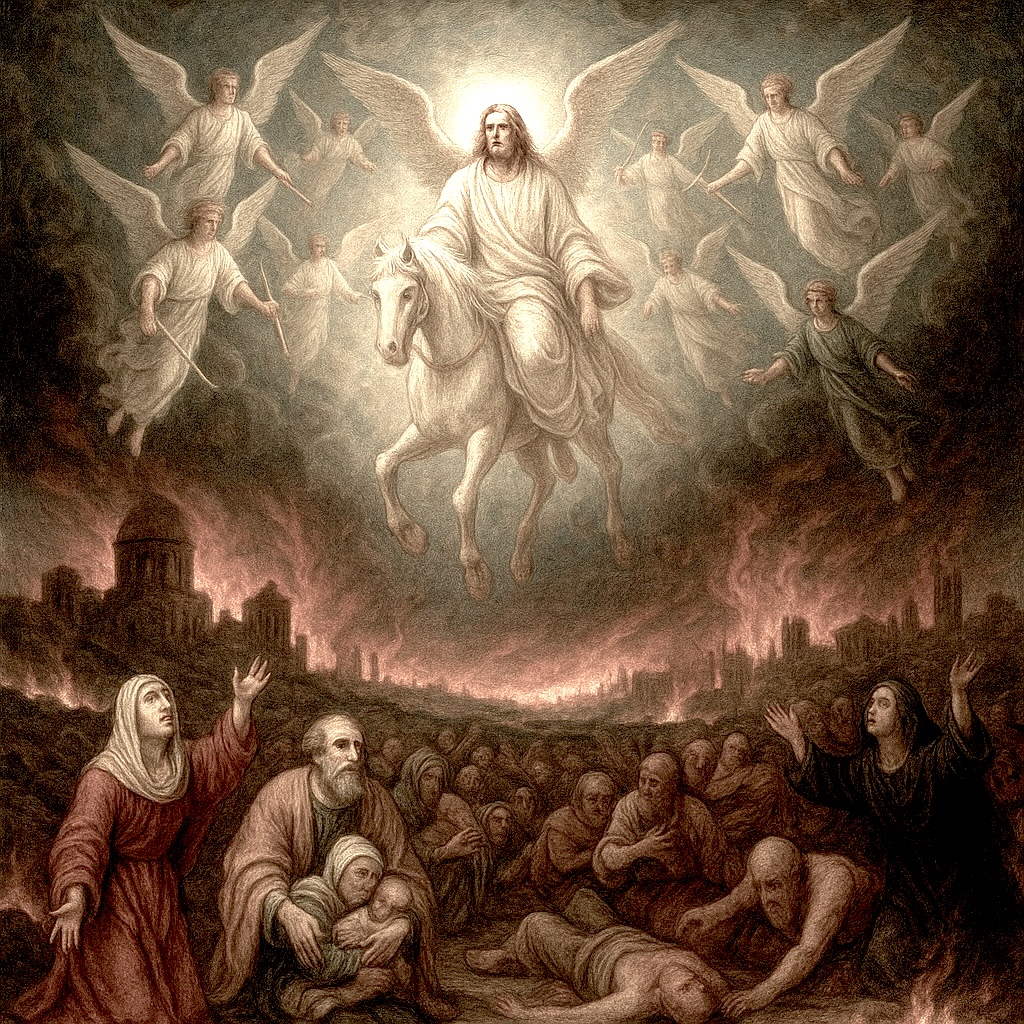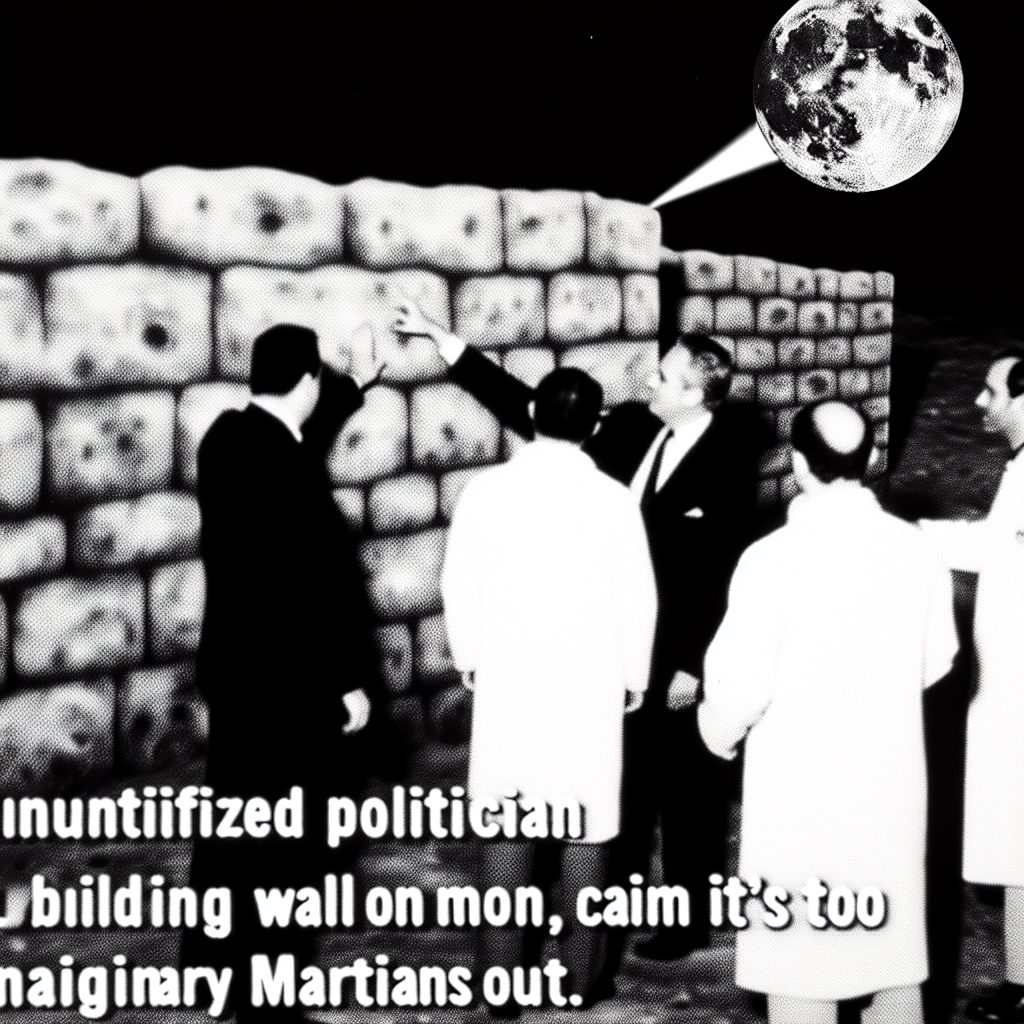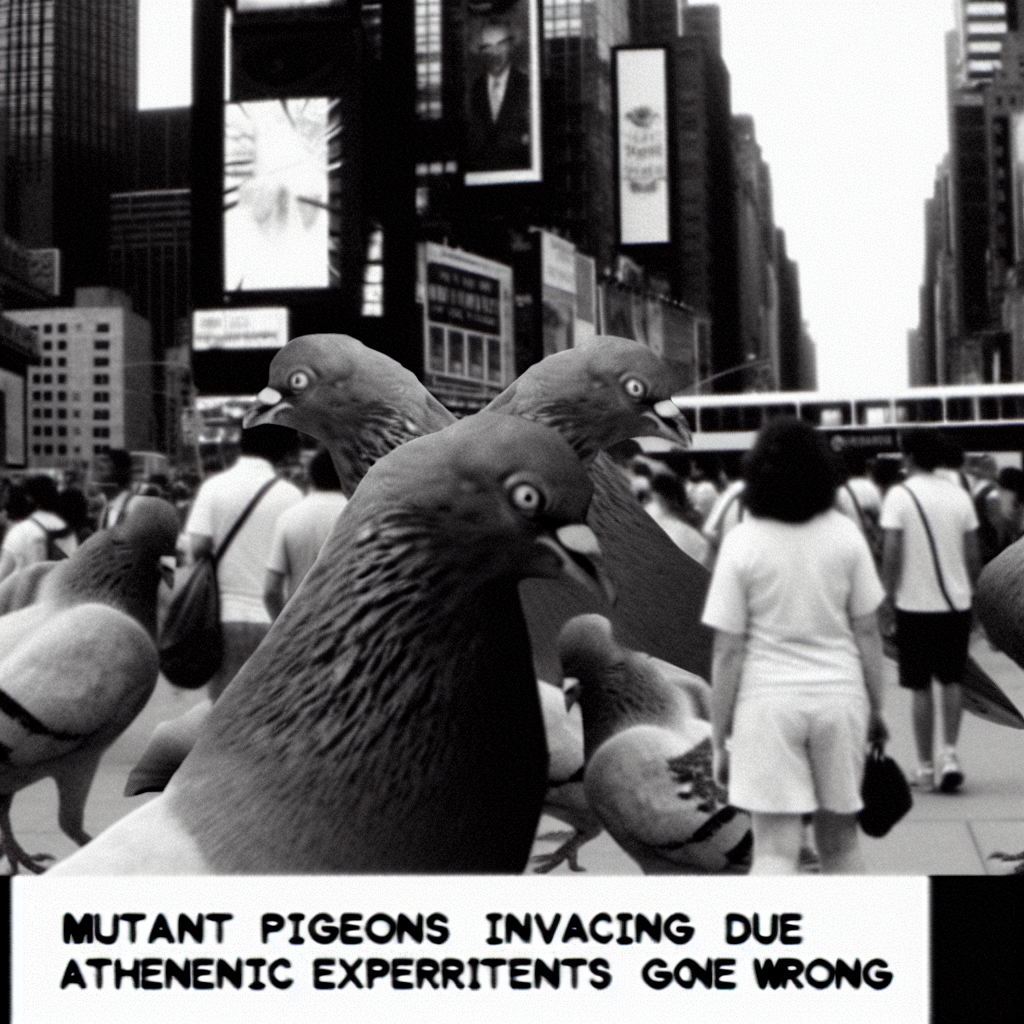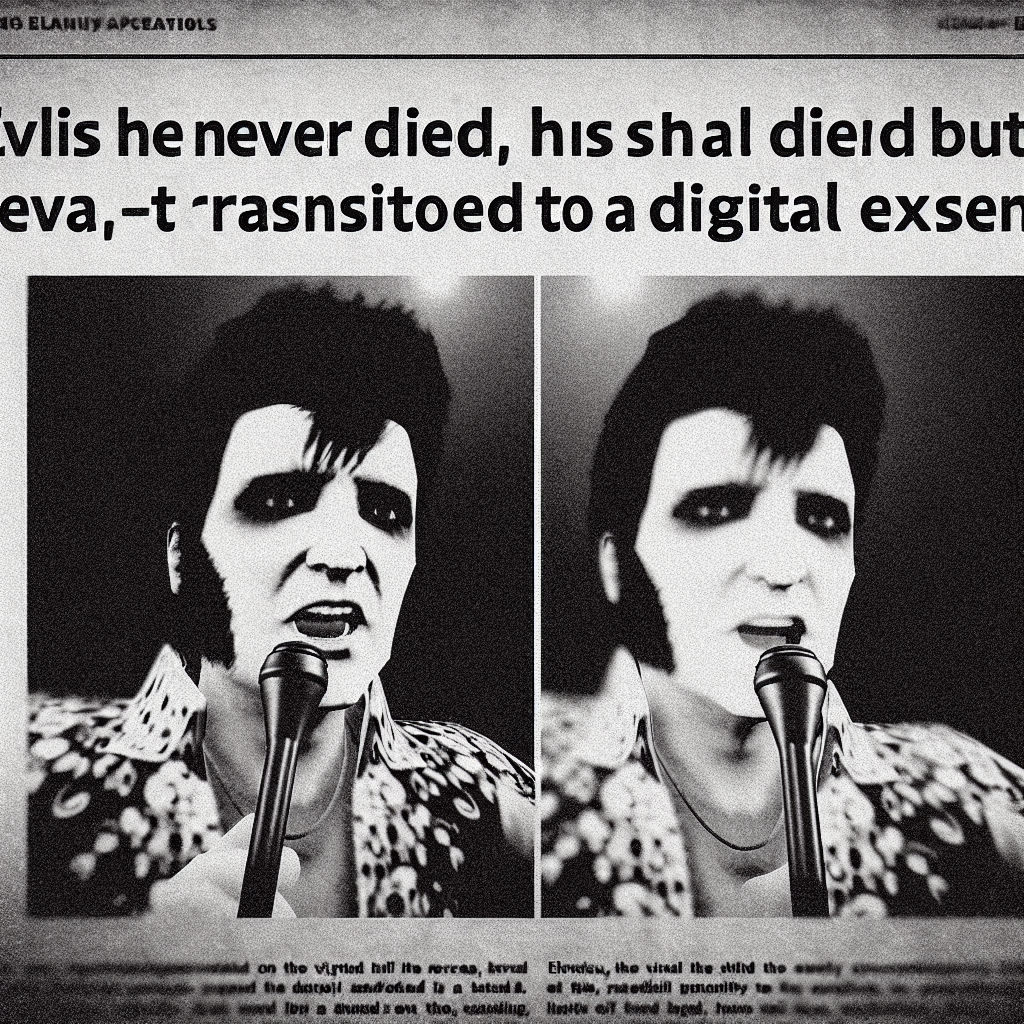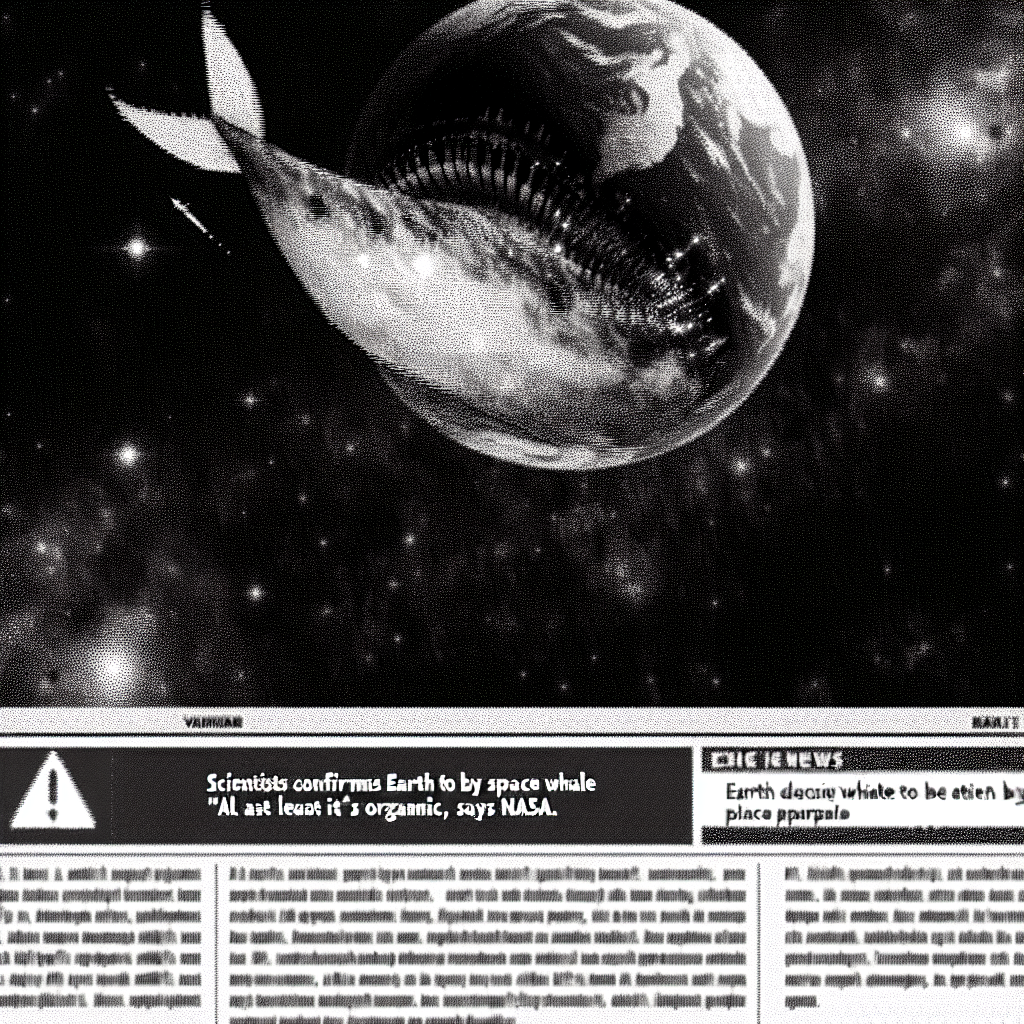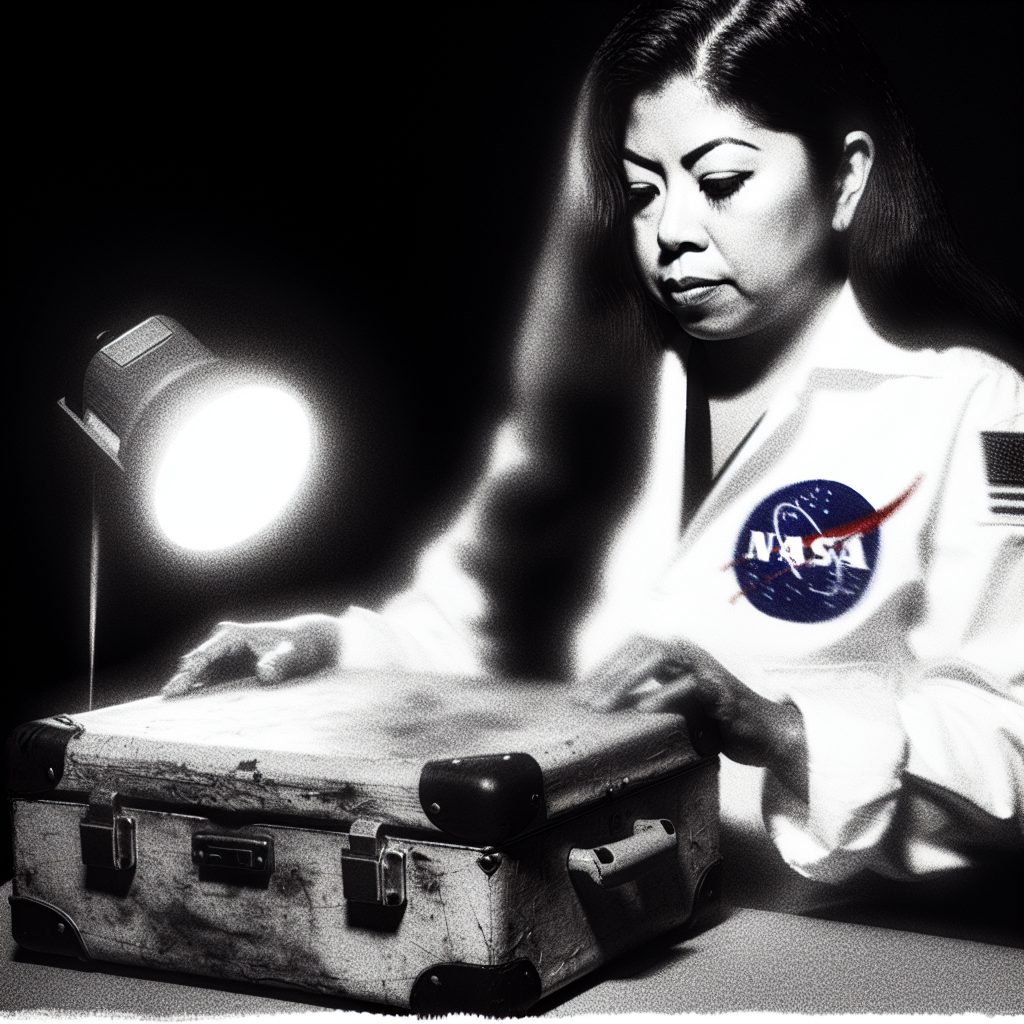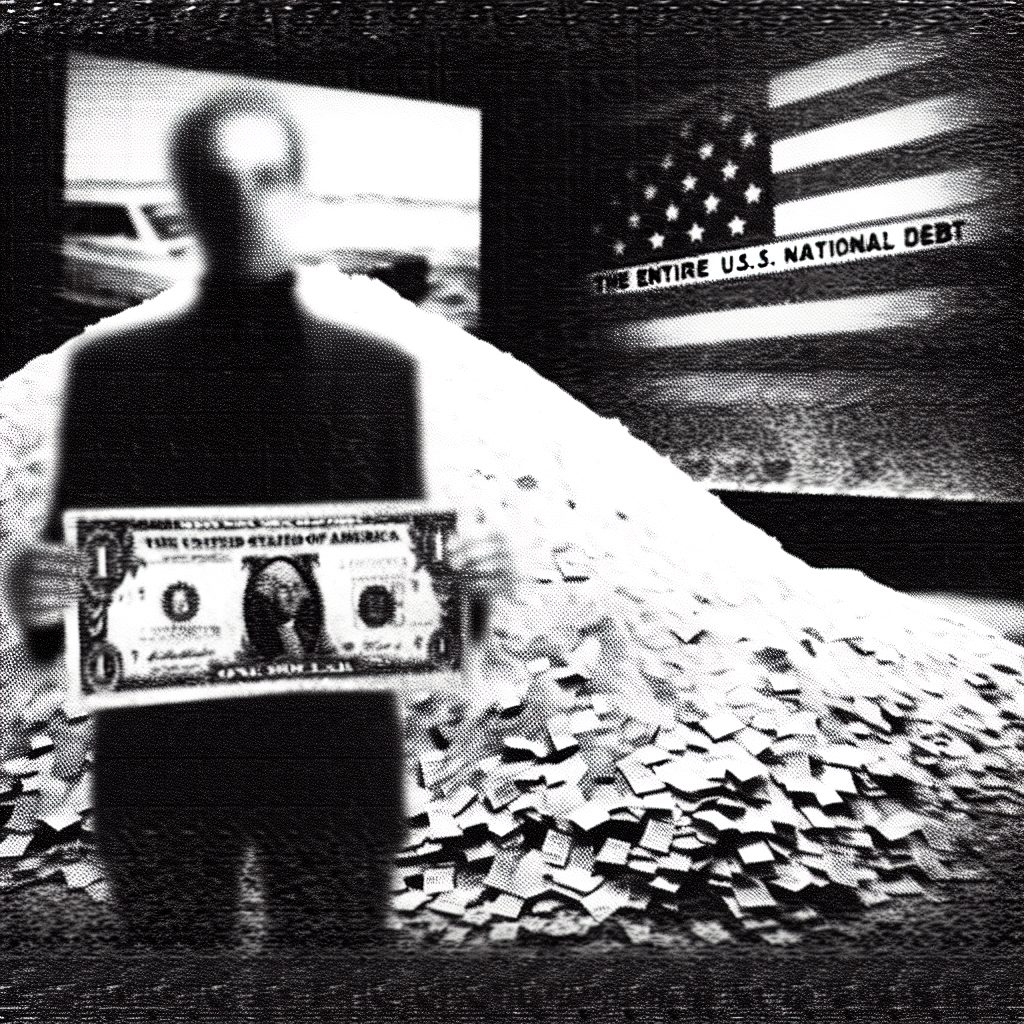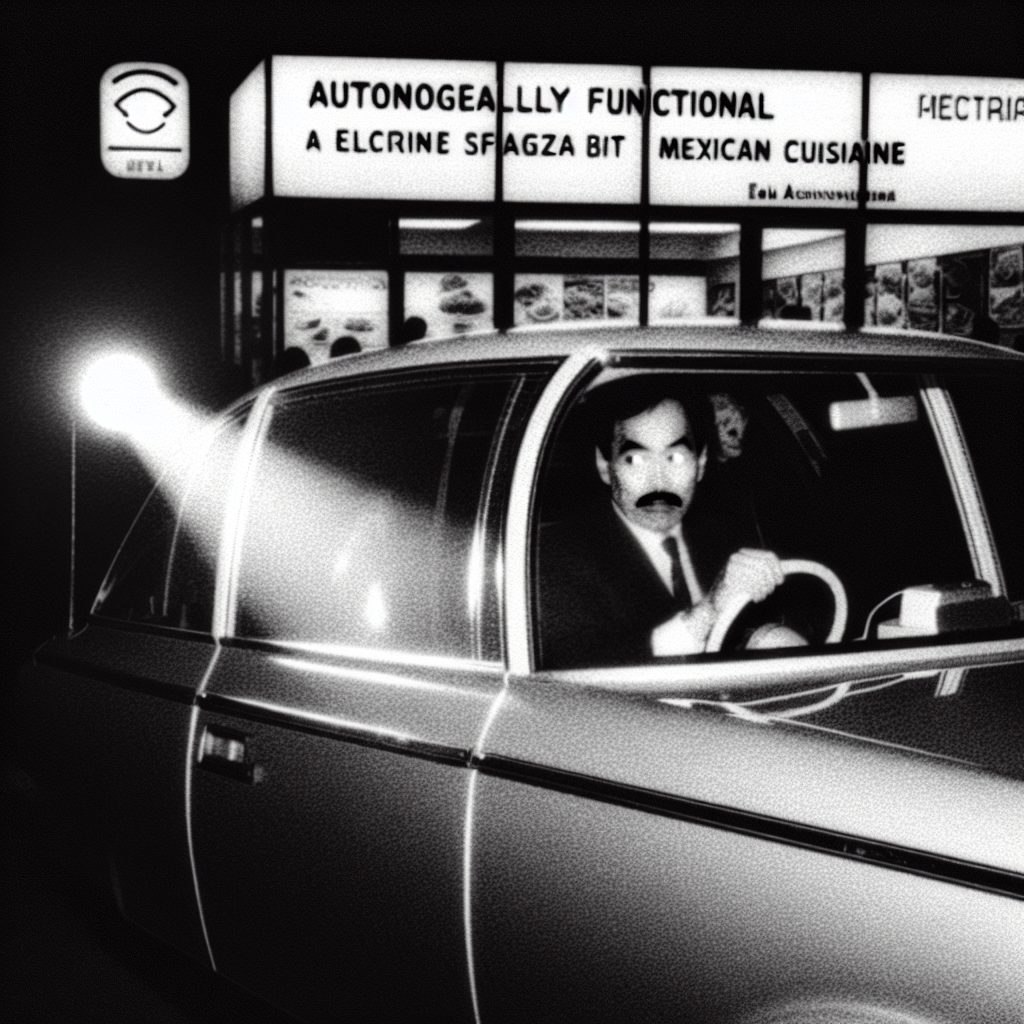Scientists confirm Earth to be eaten by space whale
“At least it’s organic,” says NASA
HOUSTON, TX – Earth’s days are numbered, according to a shocking announcement from NASA this week. A massive space whale, believed to be the largest living creature in the universe, has been spotted on a collision course with our planet. Scientists confirm that the gargantuan beast is headed straight for Earth, with plans to consume the entire world in one gigantic gulp.
“We’ve been tracking this space whale for years, but never imagined it would make Earth its next meal,” said Dr. Eliza Hannigan, lead astronomer at the Hubble Space Telescope. “Our planet is essentially a single, organic snack for this celestial leviathan.”
The news has sent shockwaves through the scientific community and sparked a frenzy of doomsday preparations across the globe. NASA has already begun constructing a massive harpoon in a desperate attempt to deter the approaching space whale, but many experts remain skeptical about humanity’s chances of survival.
“This thing is absolutely massive, larger than most stars,” explained Xavier Remington, a retired Navy captain brought in as a consultant on the harpoon project. “Even if we could pierce its hide, I’m not sure our weapons would be strong enough to take it down.”
Despite the grim outlook, some remain hopeful that Earth’s predominantly organic composition might make it a more appealing meal for the discerning space whale. “At least it’s organic,” quipped NASA administrator Bill Nelson in a press conference announcing the impending apocalypse. “That’s got to count for something, right?”
But many are less than reassured by Nelson’s flippant remarks. Eyewitness accounts from those who have spotted the space whale only add to the mounting sense of dread and inevitability.
“It was like a massive shadow blotting out entire galaxies as it passed,” recalled amateur astronomer Judith Mears, one of the first to detect the creature. “And the sounds… God, the sounds. Like a million tortured souls wailing in unison.”
With the space whale’s arrival imminent, nations around the world have begun implementing emergency contingency plans. Resources are being stockpiled, shelters reinforced, and religion is experiencing an unprecedented surge in followers grasping for some last shred of hope or salvation.
But even the most devout are struggling to find meaning in a crisis of such unimaginable scale. “How do you pray against something that size?” asked Father Michael Duren of Houston’s St. Ignatius Church. “At this point, I can only hope the good Lord has a bigger whale.”
The characters and events depicted in this story are entirely fictitious. Any similarity to real persons, living or dead, or to actual events is unintentional and purely coincidental.


